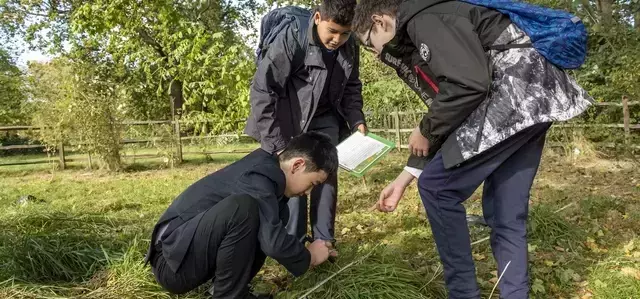
Secondary (KS3 & KS4)
Visit us in the park, or link up from your classroom
Whether you want to bring your group to the park or take part from your classroom, we can give your students a live experience that will inspire and engage them. Sessions are inspired by the nature and heritage of these famous green spaces – most are based in Hyde Park, but we can also offer experiences in Kensington Gardens, St James's Park and Brompton Cemetery.
In the parks
We're ready to welcome your group to the Royal Parks to explore these incredible natural environments confidently and safely. All sessions remain curriculum-linked to meet learning outcomes but also give students a unique opportunity to get outside and explore some of the most famous parkland in the world. Sessions are priced at £120+VAT (half day) or £220+VAT (full day) for a class of up to 30 students.
Variation: Focus on classification
Investigate the differences between species by developing skills in classification. Students explore our pond or meadow sites to identify organisms belonging to the five kingdoms and use fieldwork equipment to collect invertebrate samples. With hand-lenses and classification keys they will identify these samples and have a go at designing their own ID guides based on their observations. Variation between individuals within a species is observed, through which students consider what leads to natural selection.
| Suitable for: KS3 | Duration: Half day |
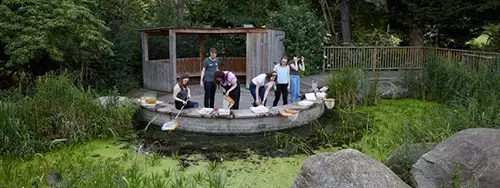
Variation: Focus on adaptation
Investigate the differences between species by identifying their adaptations for moving, feeding, breathing and avoiding predation. Students use fieldwork techniques to collect organisms from a habitat and study their adaptations closely using hand-lenses. Students will produce a scientific drawing for one of their organisms. Students then consider how variation between species and between individuals of the same species can give them a competitive advantage.
| Suitable for: KS3 | Duration: Half day |
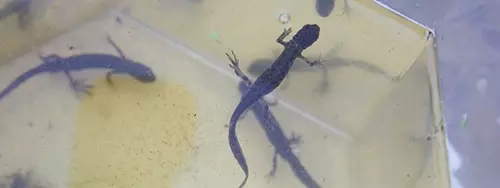
Food chains and webs
Find out about relationships in an ecosystem by investigating food chains and webs. Students explore the grounds of the Hyde Park Learning Centre and conduct a habitat survey to identify organisms from different feeding groups. This data is used to create food chains and webs. Some of the organisms are studied in more detail using hand-lenses to identify their feeding adaptations. Students will consider the interdependence of organisms in an ecosystem and the impact of changes within the environment.
| Suitable for: KS3 | Duration: Half day |
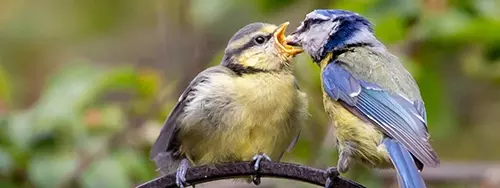
Science project skills
Gain practical skills in how to plan and conduct a scientific investigation. Students practice using fieldwork equipment and appropriate techniques to collect abiotic and biotic data. They are then presented with a fictional situation for which they have to plan an investigation to prove the biological importance of a pond or meadow site. Students will have the opportunity to evaluate the reliability of methods used and suggest possible improvements.
| Suitable for: KS3 | Duration: Half day |
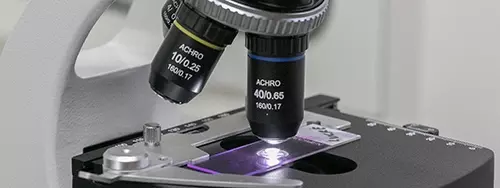
Adaptations for survival
Investigate how aquatic and terrestrial animals are adapted for survival. Students use fieldwork techniques to collect organisms from aquatic and terrestrial habitats and identify adaptations for moving, feeding, breathing, avoiding predation and finding mates. There is the opportunity to study some of the organisms using hand-lenses. Students will produce scientific drawings of a terrestrial and aquatic organism and compare their adaptations for surviving in different habitats.
| Suitable for: KS4 | Duration: Half day |
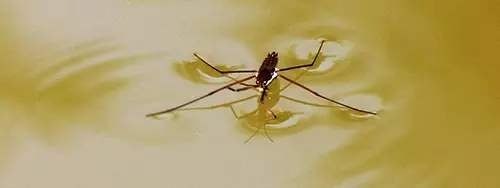
Practical investigation (four hour session)
Become an ecologist for the day and undertake scientific investigations in Hyde Park. Students gain practical experience of conducting scientific investigations, including generating hypotheses, producing risk assessments and field sketches, collecting biotic and abiotic data, and using data to draw conclusions. Students use a range of fieldwork techniques and sampling methods to survey pond and meadow habitats.
| Suitable for: KS4 | Duration: Full day |
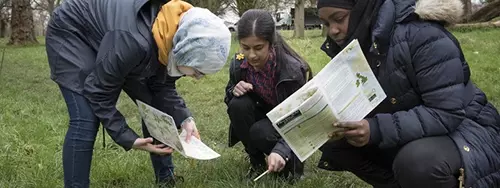
Practical investigation day (two hour session)
Students will gain practical experience of conducting scientific investigations, collecting biotic and abiotic data using a range of fieldwork techniques and sampling methods to survey a meadow habitat. Secondary data can be provided for analysis back at school.
| Suitable for: KS4 | Duration: Half day |
Investigating Hyde Park and its role in urban sustainability
Your group will investigate the role of Hyde Park in London today, following a geographical route of enquiry. They’ll develop and test their own hypotheses to compare two contrasting sites within the park. Students learn about how the park is managed while creating land use maps and measuring human impacts and biodiversity. This session gives students the chance to use GIS (geographic information system) and a range of fieldwork equipment including quadrats and anemometers. They will evaluate the park’s contribution to sustainable urban living in London, and use The LookOut’s grounds and facilities to review their investigation and present their findings.
| Suitable for: KS3 | Duration: Full day |
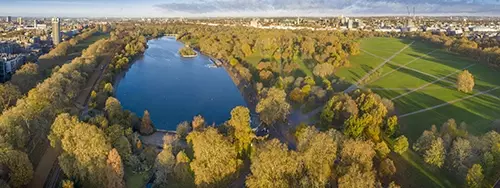
All about maps: the Hyde Park challenge
The LookOut, Hyde Park provides a perfect base for students to learn a range of cartographic skills. Uncover the hidden secrets of the park as your group completes the Hyde Park Challenge, honing their GIS (geographic information system) skills along the way. Your students are introduced to a variety of maps and skills including using coordinates, measuring distance, height and gradient, and navigating with a compass.
| Suitable for: KS3 | Duration: Full day |
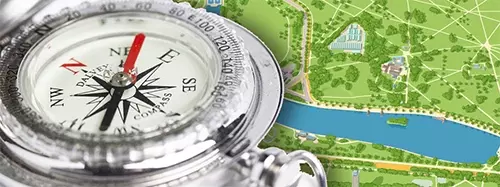
Plan your visit
Have you chosen which sessions you’d like to join? You can take a look at our practical information (including details on prices and bursaries) or go ahead with planning your visit by filling out the form below.
If you have any questions, you can also call us on 0300 061 2286 or email learn@royalparks.org.uk.
Please see our partner pages for visits to Greenwich Park, The Regents Park or Bushy Park:
FSC London: The Regent's Park – Field Studies Council